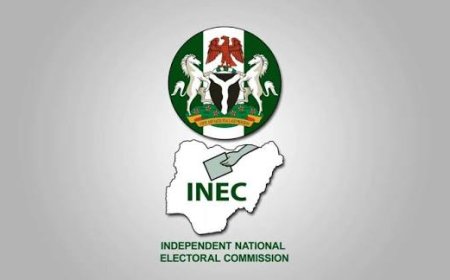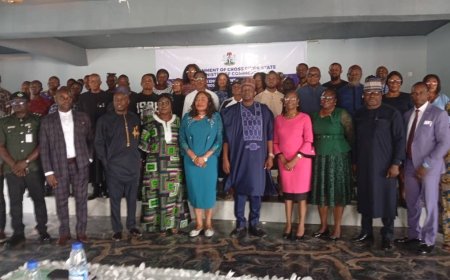Senate Pushes Bill to Boost MSME Cash Flow as Ekpenyong Leads Drive for Factoring Regulation

By Ekanem ASUQUO
The Nigerian Senate has taken a major step toward strengthening the country’s business climate as Senator Asuquo Ekpenyong, representing Cross River South, sponsored and led debate on the Factoring Regulation Bill, 2024 (SB. 474), aimed at easing liquidity challenges faced by Micro, Small, and Medium Enterprises (MSMEs).
The bill, which has passed Second Reading, seeks to address one of the biggest hurdles confronting small businesses — delayed payments that restrict cash flow and stifle growth.
Explaining the intent of the legislation, Senator Ekpenyong said the proposed law would enable MSMEs to convert unpaid invoices into immediate cash through financial institutions at a small discount. This, he noted, would allow entrepreneurs to replenish stock, expand operations, and create jobs without relying on collateral-based loans.
“This bill empowers small businesses to grow on the strength of their sales, not their fixed assets,” he stated.
Ekpenyong described the proposal as a structural reform designed to enhance transparency, fairness, and sustainability in Nigeria’s financial system. He added that the framework would operate under the regulation of the Securities and Exchange Commission to guarantee investor confidence and protect MSMEs from exploitation.
The Cross River senator thanked his colleagues for their overwhelming support, calling the bill’s advancement a milestone in promoting financial inclusion and entrepreneurship.
Known for his reform-oriented leadership, Senator Ekpenyong has previously sponsored several impactful pieces of legislation, including the South South Development Commission Bill, the Suicide Prevention Bill, and the Federal Medical Centre (Odukpani) Establishment Bill.
If passed into law, the Factoring Regulation Bill is expected to unlock liquidity for small businesses, improve competitiveness, and drive sustainable job creation across Nigeria.














































